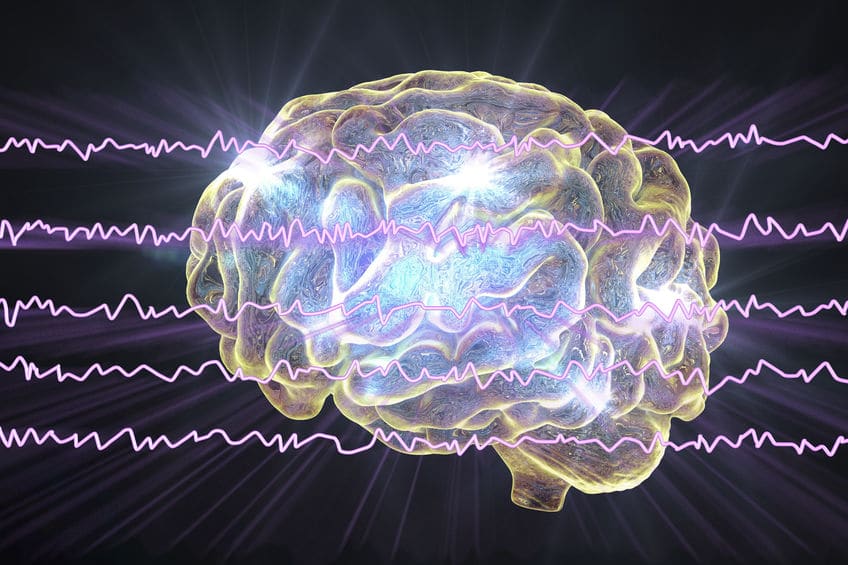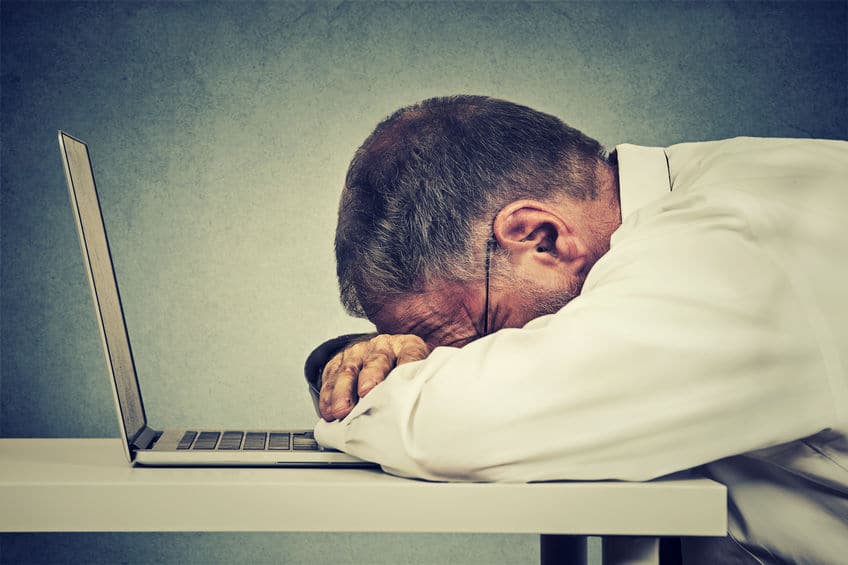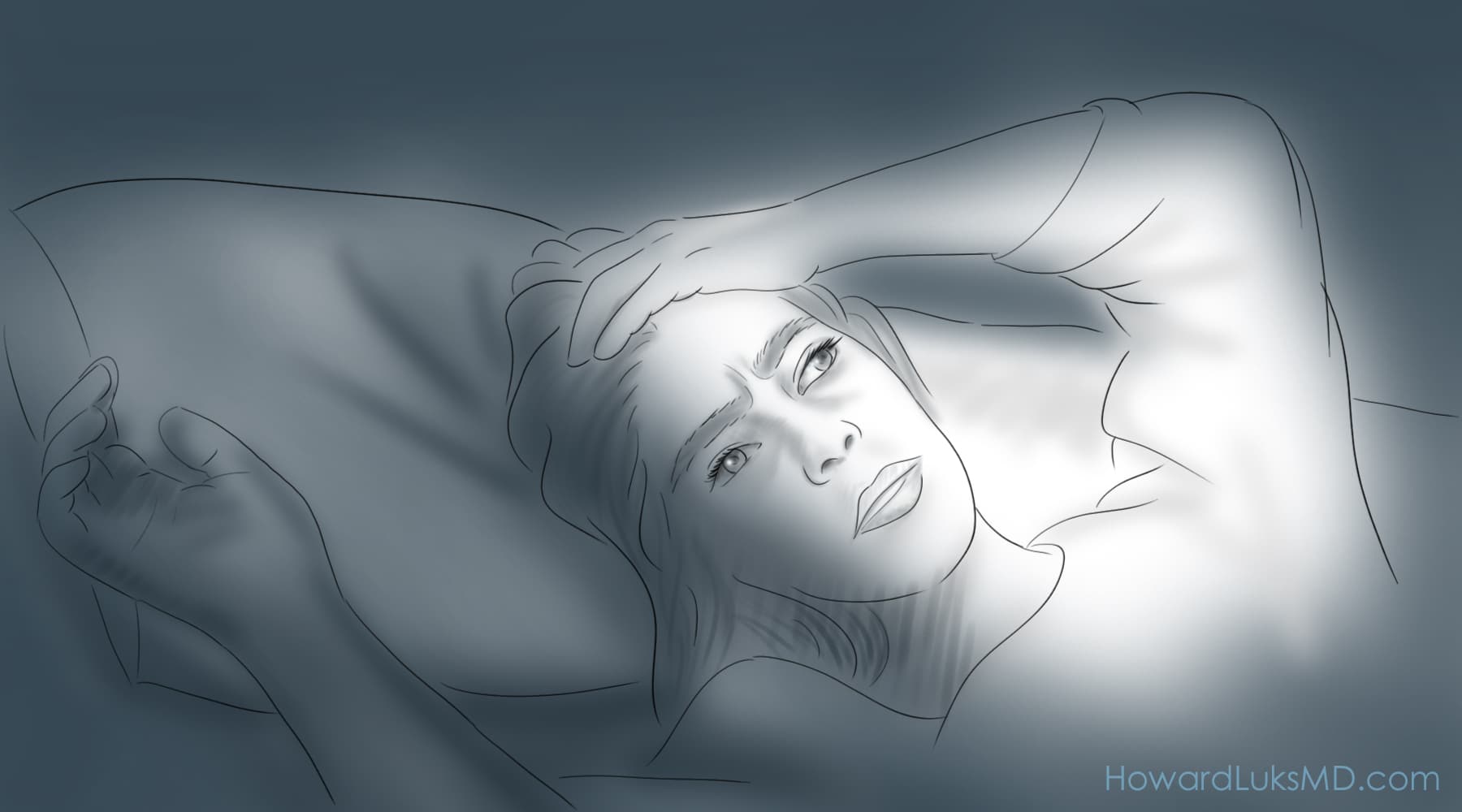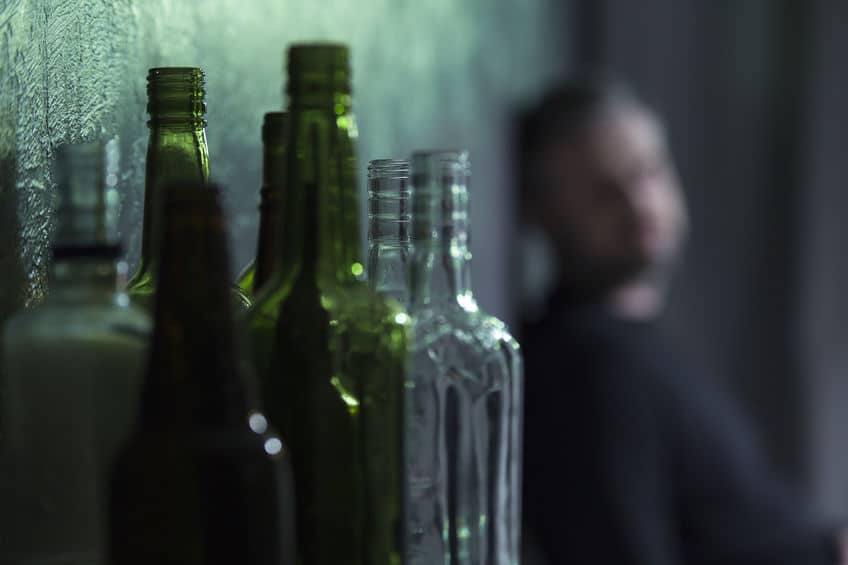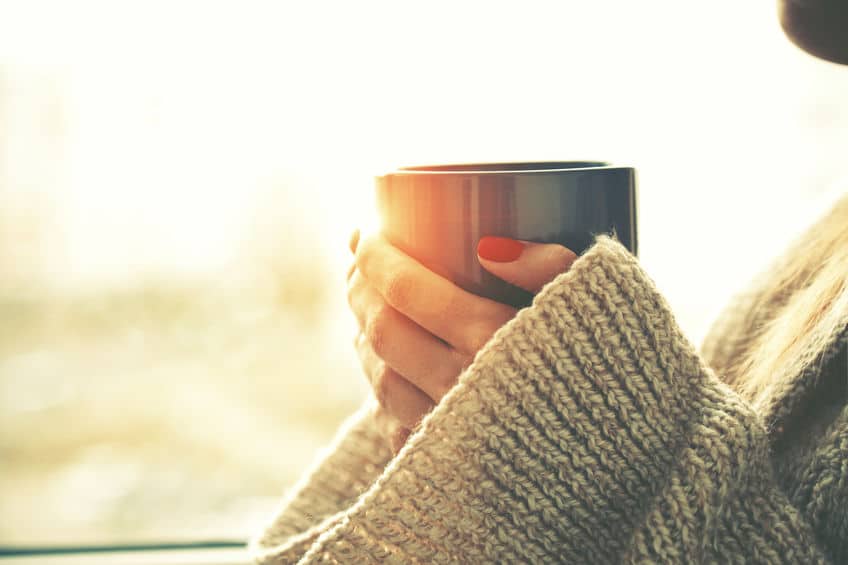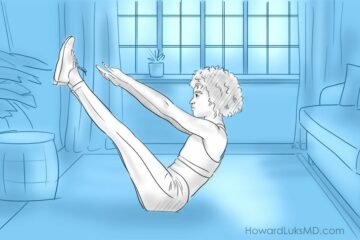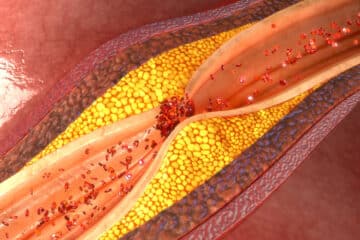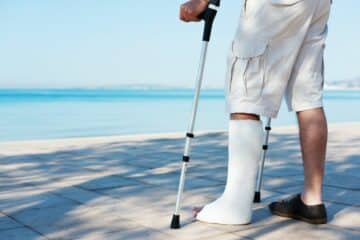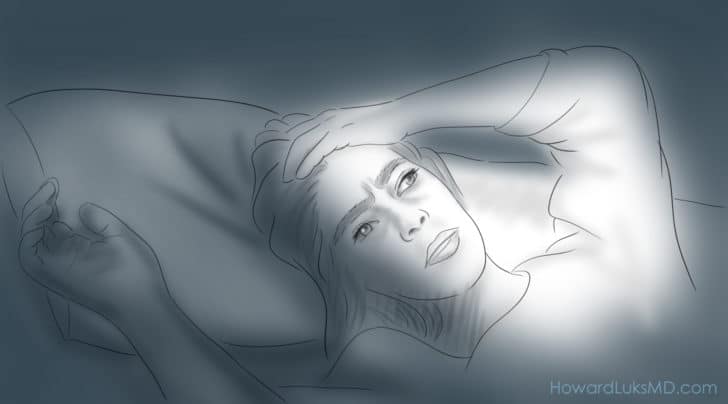
Sleep is required by all living beings to remain healthy. Poor sleep leads to poor health. It is time to actively pursue sleep, much like we actively pursue exercise.
Despite the importance, we are a horribly underslept society. The COVID-19 pandemic is not making that any easier. We are going to review why sleep is so incredibly important, and we are going to go through a number of steps you can try to help you improve the quantity and quality of your sleep.
Down below we discuss 12 hacks to improve your sleep during anxious unstructured times like these.
What is sleep?
Sleep is a biological need. Sleep is incredibly well preserved throughout evolution. Every living being sleeps. Imagine being a prey animal on the Serengeti Plains. Sleep must be really important if you are willing to risk your life for it each and every night. The definition of sleep is challenging. It’s different than anesthesia, it’s not passing out from hanging out with your friends.
Your brain is actually very active when you are asleep… I mean really active! Why? What’s going on and why is sleep so important?
Why is sleep so important?
Sleep forces you to disengage from the environment. As a result, your brain and body recover and recuperate. It’s far more involved than that, and we’ll diver a little deeper in a moment.
Sleep, learning, and your risk of neurocognitive decline:
When you sleep you go through a number of very predictable cycles. Those cycles repeat throughout the night. During those cycles, your brain is processing your short term memory and sending those short term memories into long term storage. As a matter of fact, if you learn something and take a nap, you will remember it better than if you didn’t sleep until much later.
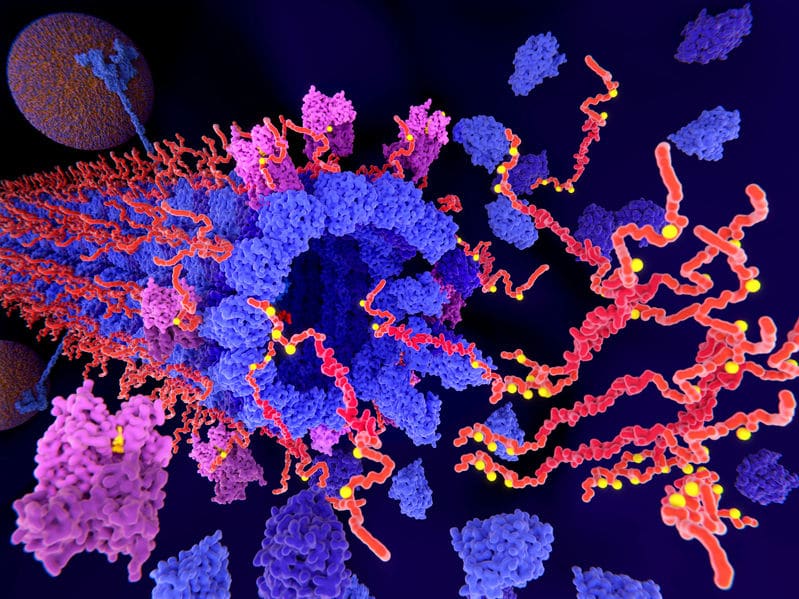
Many of you have heard of “tangles” of tau proteins. Think of them as sludge. Your brain cells, neurons are bathed in fluid. That fluid carries away the trash and keeps your neuron healthy. If you develop a buildup of the tau or tangles then the fluid cannot move as freely between your nerve cells. They don’t work as well. Eventually, they may die. That is why the dementia community is studying these tangles in earnest since they seem to accumulate with age, as well as with lack of sleep. More than 30% of cases of dementia are preventable, sleep is but one of the important strategies to minimize your risk, this article discusses the other issues in detail.
So sleep clears out your short term memory or cache… that leaves you capable of learning something new the following day.
Sleep clears out tau proteins and allows your neurons to regenerate and recharge in preparation for a new day.
IT appears that we need a certain number of cycles per evening to clear the memory, and to clear the tangles. Based on the length of time each cycle takes we must have 7-8 hours of sleep. That’s it.. you’re not unique. You don’t need less sleep.
Sleep is so critical to our normal functioning, I came up with a list of physiological processes and systems that are not affected by a lack of sleep. This is a comprehensive list.
Here is an exhaustive list of all the bodies systems that are not affected by a lack of sleep:
Sleep is one of the most critically important processes with respect to your health, longevity and a long healthspan.
Why is sleep so important with respect to COVID-19?
Sleep and your immune function:
The loss of sleep could easily affect your ability to be sickened by the COVID-19 virus. Lack of proper sleep puts your body into a pro-inflammatory state. Like I said before… there are no biological processes in our body that aren’t negatively affected by a loss of sleep.
- First… sleep affects your T-cell function. T-cells play a very important role in the proper function of your immune system. T-cell function is negatively affected by a loss of sleep. T-cells appear to be more active when you sleep. The number of T-cells you have seems to be independent of sleep, but the function of those cells isn’t. If you want your T-cells to find the invaders in your body… sleep.
- Next. Cytokines are very important chemicals in our bodies. You hear of them often. Too few cytokines and we perish. Too many cytokines and we kill ourselves. They’re nasty chemicals when there’s too many of them, or too few. However, when your immune system is functioning well you produce cytokines to tell other cells what’s going on. They recruit forces to protect us. When you are sleeping, you produce cytokines to help you sleep and to help you fight off foreign invaders like viruses. Poor sleep equals poor cytokine function.
- In a study, sleeping less than 6 hours increased the risk of respiratory infections in military recruits and the general population. In another study, sleeping less than 6 hours increased the likelihood of developing a cold 4-5 times after an experimental challenge with the rhinovirus (common cold) whereas those who slept more than 6 hours were not at an increased risk even after the experimental challenge.
- Recovery. Recovery from running, weight lifting and illness require a lot of sleep. Our muscles need sleep to recover, our heart and lungs need sleep to recover too. If protein is available, we will build new muscle protein at night. Our bodies heal themselves more often during sleep than when we are awake. When we are recovering from an illness, sleep is incredibly important in the overall healing process.
- Sleep is also integral for stress regulation. In fact, poor sleep can worsen depression and anxiety.
- Sleep is essential for metabolic regulation contributing to long term health. Glucose regulation, A1c levels, insulin resistance, etc are all affected by your sleep. So if you want to be in top metabolic health, you need to sleep 7-8 hours per day.
- Turns out that lack of sleep reduces the number of white blood cells, lymphocytes, monocytes, T cell, B cell, natural killer cell, neutrophils, basophils, eosinophils, and cytokines. That’s the army of immune cells we NEED to attack pathogens!
You need to prioritize your sleep. Make sleeping an active process.
How to try and improve your sleep in these troubling times.
Okay, so our world is upended. Many feel like they’re wandering around. Find your sense of purpose. It’s hard. There are elderly, first responders and frontline hospital workers in your community. The challenges we face:
- we no longer have a schedule,
- there is uncertainty for the future,
- we may not have our team (sports, work) around us,
- we have no upcoming game or season to prepare for and
- we have the fear of getting infected ourselves or our loved ones getting infected.
Therefore, sleep is more critical than ever with a global pandemic. What follows are 11 tips that have worked for me.
Here are the 12 simple tips to allow you to sleep better, deeper and longer:
- Circadian rhythm: Establish a regular bedtime and waking time. Your brain establishes a rhythm. You need to stick with it. Try to go to bed at the same time, and rise at the same time.
- In the morning… go outside and look towards the sun, without glasses on. The brightness has an effect on hormones produced in the brain. It starts the circadian rhythm in the morning.
- Build a good winding down schedule. Turn down the lights in your home 2 hours before bed. Not off, just dim. Again, we are trying to get our brains to interpret our surroundings. Just like we looked at the bright sky in the morning, we need to dim the lights in the evening. Other tips include a hot shower or bath, stretching exercises, meditation, prayer, reading to a book, listening to a book or podcast. (Note: playing video games or checking social media is not winding down it’s a distraction).
- I have found that we need to calm our brains, especially in these trying times. Find a podcast or light-hearted comedy show to watch. Wear blue blockers if you are watching TV.
- Avoid excessive alcohol ingestion 2-3 hours before bedtime, and DO NOT smoke or chew tobacco.
- Avoid caffeine for 12 hours before bedtime. This includes coffee, tea, chocolate, and many sodas. Some folks are especially sensitive to caffeine. Caffeine has a very long half-life. It’s around 6 hours. Therefore if you drink coffee in the morning, upwards of 25% of the caffeine is still in your system when you try to go to bed at night. Some folks aren’t as sensitive. They can stop 3-4 hours before bedtime.
- Avoid heavy, spicy, or sugary foods 2-3 hours before bedtime. A light snack (non-sugary) before bed is acceptable.
- Exercise regularly, but not right before bed. Exercise can help set your circadian rhythm.
- Use comfortable, inviting bedding.
- Find a comfortable sleep temperature setting (65-67 is recommended) and keep the room well ventilated. Your body temperature actually needs to drop to help trigger sleep hormones. Some folks take a hot shower followed by a dip in a cold bath. That’s brave… but it can work.
- Block out all distracting loud noises and eliminate as much light as possible. You should tape over all the LED lights on the TV, computer screens, smoke alarms (JUST THE LIGHT, not the screen that allows smoke to enter the detector), etc.
- Reserve your bed for sleep and sex, avoiding its use for work or general recreation.
Don’ts … Big don’ts. These will wreck your sleep.
- Do not drink yourself to sleep. There’s a huge difference between passing out and falling asleep. Your brain waves when you are passed out do not show that your brain is recovering at all. Drinking does not lead to a restful, restorative sleep.
- Avoid antihistamines. Not only do these medications predispose you to develop dementia, they only knock you out. Falling asleep and being knocked out are two very different things.
- Avoid sleeping pills. Again, these pills do not put you to sleep. They knock you out. They make you unconscious. They do not allow your brain to go through its regular sleep cycles. You may be passed out for 8 hours… but it wasn’t even close to being quality sleep. Besides, they are incredibly addictive medications. And some women do not metabolize them well and they still have a sedating effect the next morning.
What you do during the day affects your sleep at night.
Here are 5 simple daytime recommendations to improve your sleep at night:
- Establish a daily schedule that includes outdoor activity and daily exercise. This is ESSENTIAL as creating a routine will help give some stability to life.
- Daily early morning exposure to outdoor light is essential to strengthen our circadian system.
- If you are in the habit of taking naps, do not exceed 25-35 minutes of daytime sleep. The best nap time is around 3-4 PM.
- Keep up your social contacts, pick up the phone, video chat, speak with others as this is essential for mental health.
- Share your concerns with others. Don’t bottle it up
Sleeping properly can be quite a challenge. Our biggest issue is that sleep for many of us is viewed as a passive process, not an active process. You need to prioritize your sleep, just as your prioritize exercise and proper eating. Sleep is just as important.
My sincerest thanks to Dr. Meeta Singh for her guidance and collaboration in writing this
